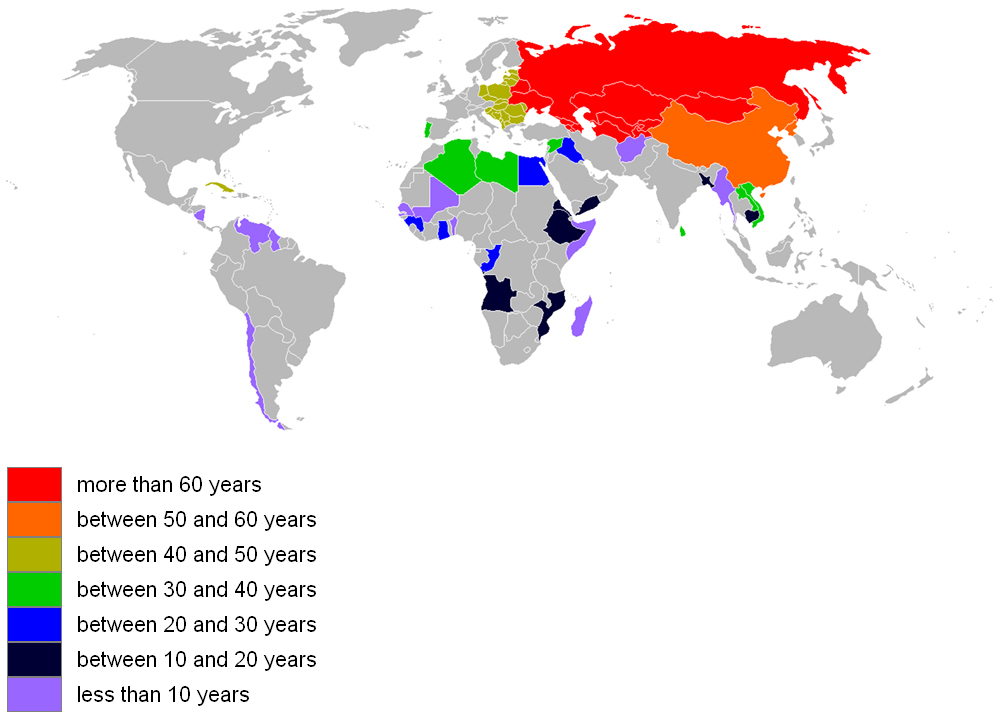| << Chapter < Page | Chapter >> Page > |
Because of challenges in their economies, several of these communist countries have moved from central planning to letting market forces help determine many production and pricing decisions. Market socialism describes a subtype of socialism that adopts certain traits of capitalism, like allowing limited private ownership or consulting market demands. This could involve situations like profits generated by a company going directly to the employees of the company or being used as public funds (Gregory and Stuart 2003). Many Eastern European and some South American countries have mixed economies. Key industries are nationalized and directly controlled by the government; however, most businesses are privately owned and regulated by the government.
Organized socialism never became powerful in the United States. The success of labor unions and the government in securing workers’ rights, joined with the high standard of living enjoyed by most of the workforce, made socialism less appealing than the controlled capitalism practiced here.

As with capitalism, the basic ideas behind socialism go far back in history. Plato, in ancient Greece, suggested a republic in which people shared their material goods. Early Christian communities believed in common ownership, as did the systems of monasteries set up by various religious orders. Many of the leaders of the French Revolution called for the abolition of all private property, not just the estates of the aristocracy they had overthrown. Thomas More's Utopia , published in 1516, imagined a society with little private property and mandatory labor on a communal farm. A utopia has since come to mean an imagined place or situation in which everything is perfect. Most experimental utopian communities had the abolition of private property as a founding principle.
Modern socialism really began as a reaction to the excesses of uncontrolled industrial capitalism in the 1800s and 1900s. The enormous wealth and lavish lifestyles enjoyed by owners contrasted sharply with the miserable conditions of the workers.
Some of the first great sociological thinkers studied the rise of socialism. Max Weber admired some aspects of socialism, especially its rationalism and how it could help social reform, but he worried that letting the government have complete control could result in an "iron cage of future bondage" from which there is no escape (Greisman and Ritzer 1981).
Pierre-Joseph Proudon (1809−1865) was another early socialist who thought socialism could be used to create utopian communities. In his 1840 book, What Is Property? , he famously stated that “property is theft” (Proudon 1840). By this he meant that if an owner did not work to produce or earn the property, then the owner was stealing it from those who did. Proudon believed economies could work using a principle called mutualism , under which individuals and cooperative groups would exchange products with one another on the basis of mutually satisfactory contracts (Proudon 1840).

Notification Switch
Would you like to follow the 'Introduction to sociology 2e' conversation and receive update notifications?